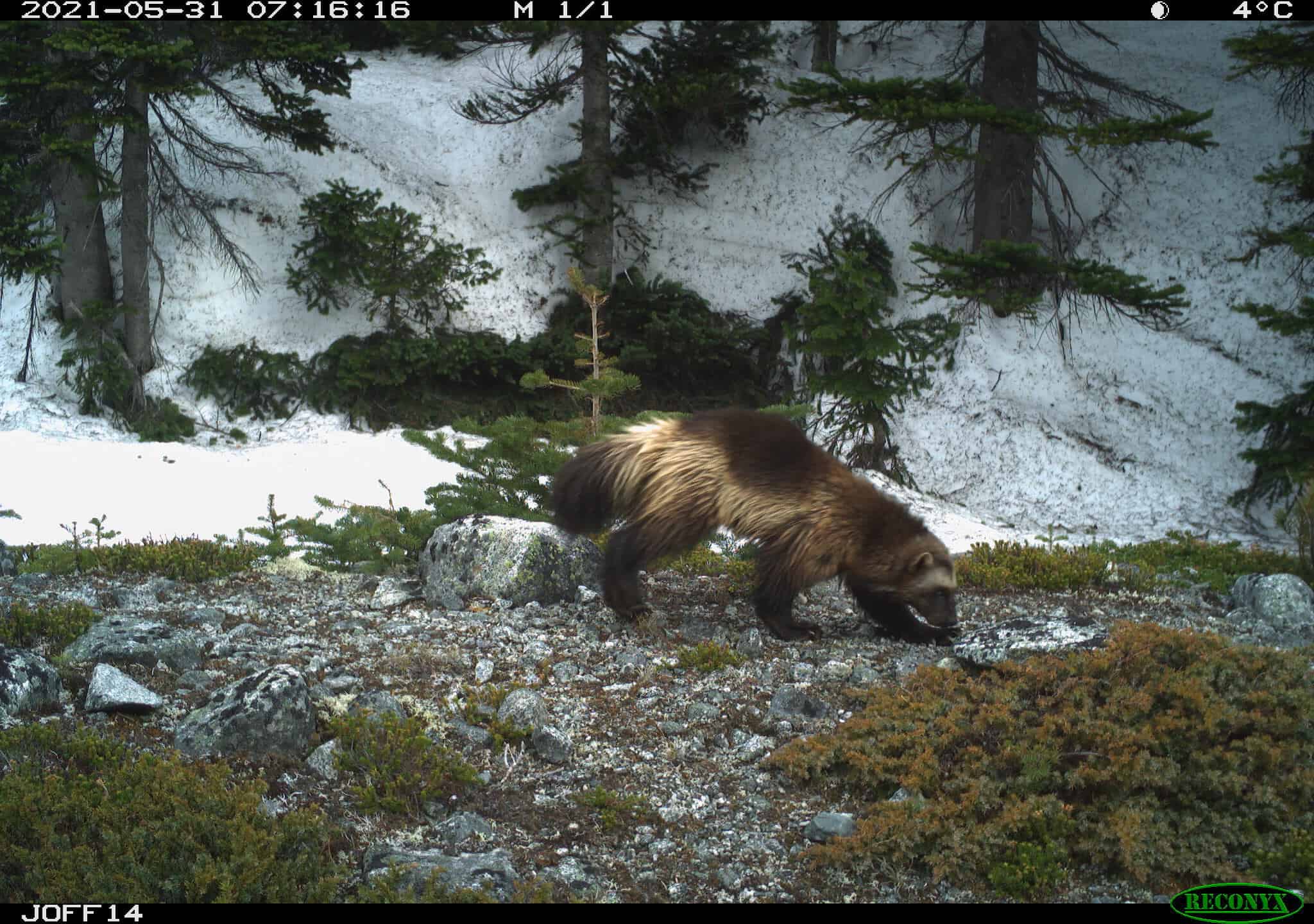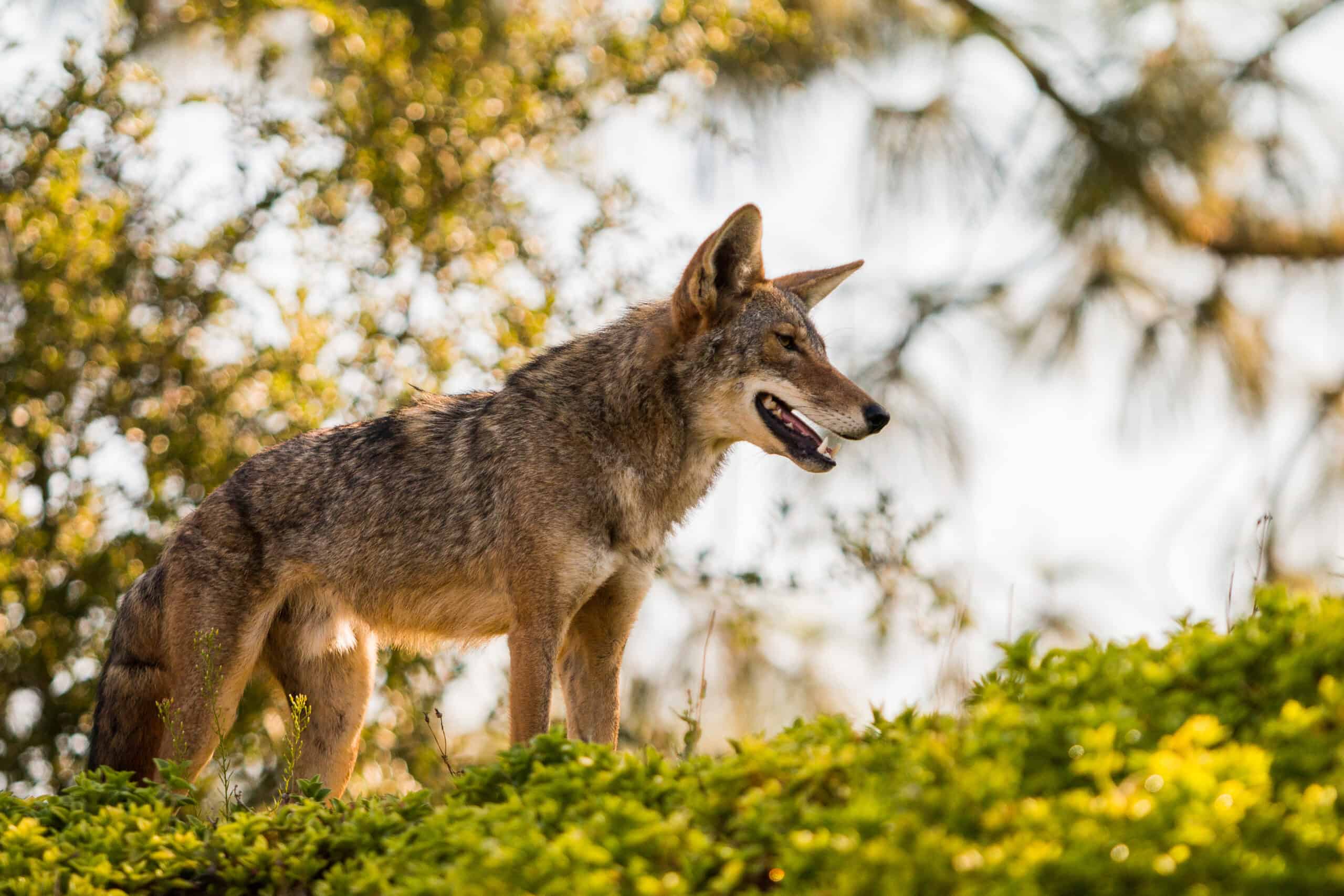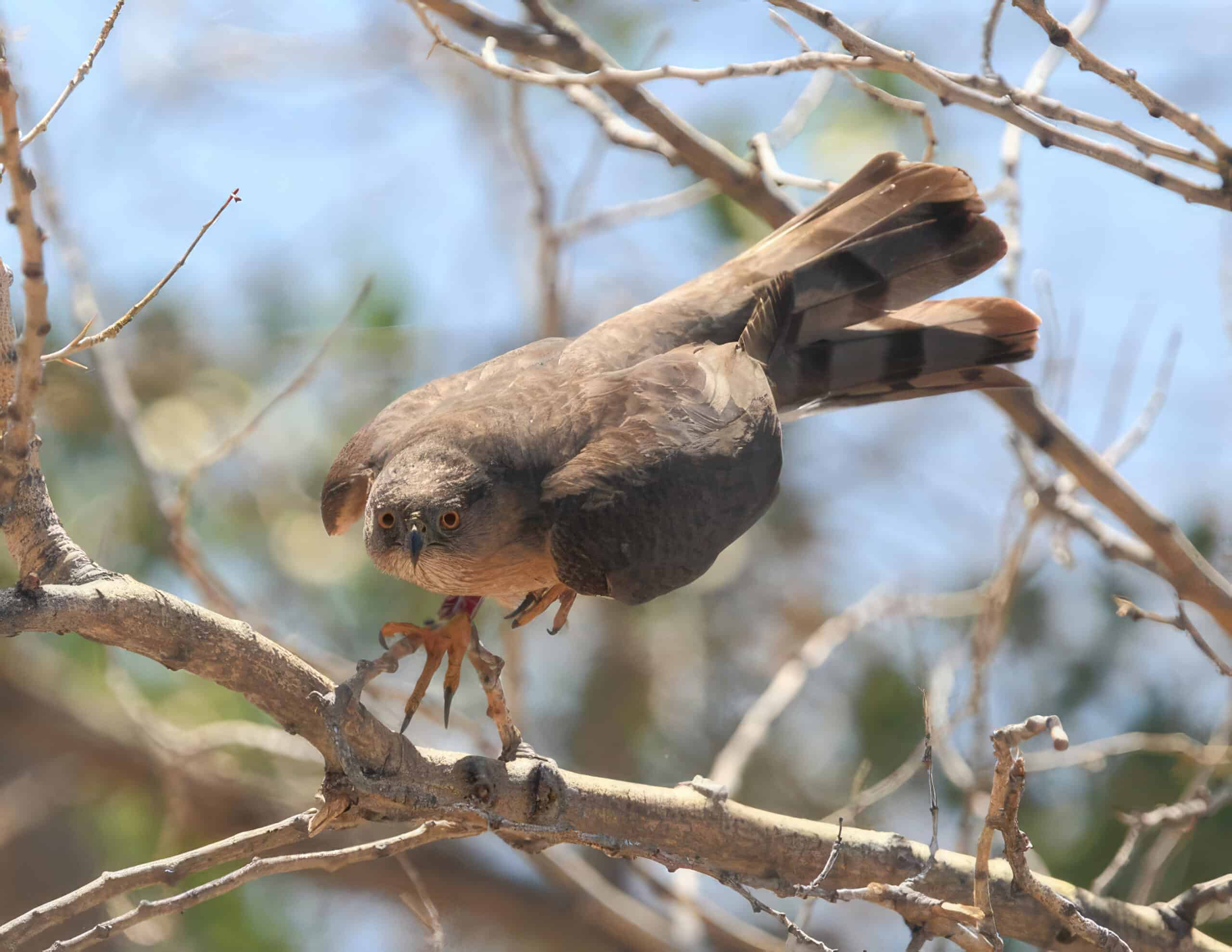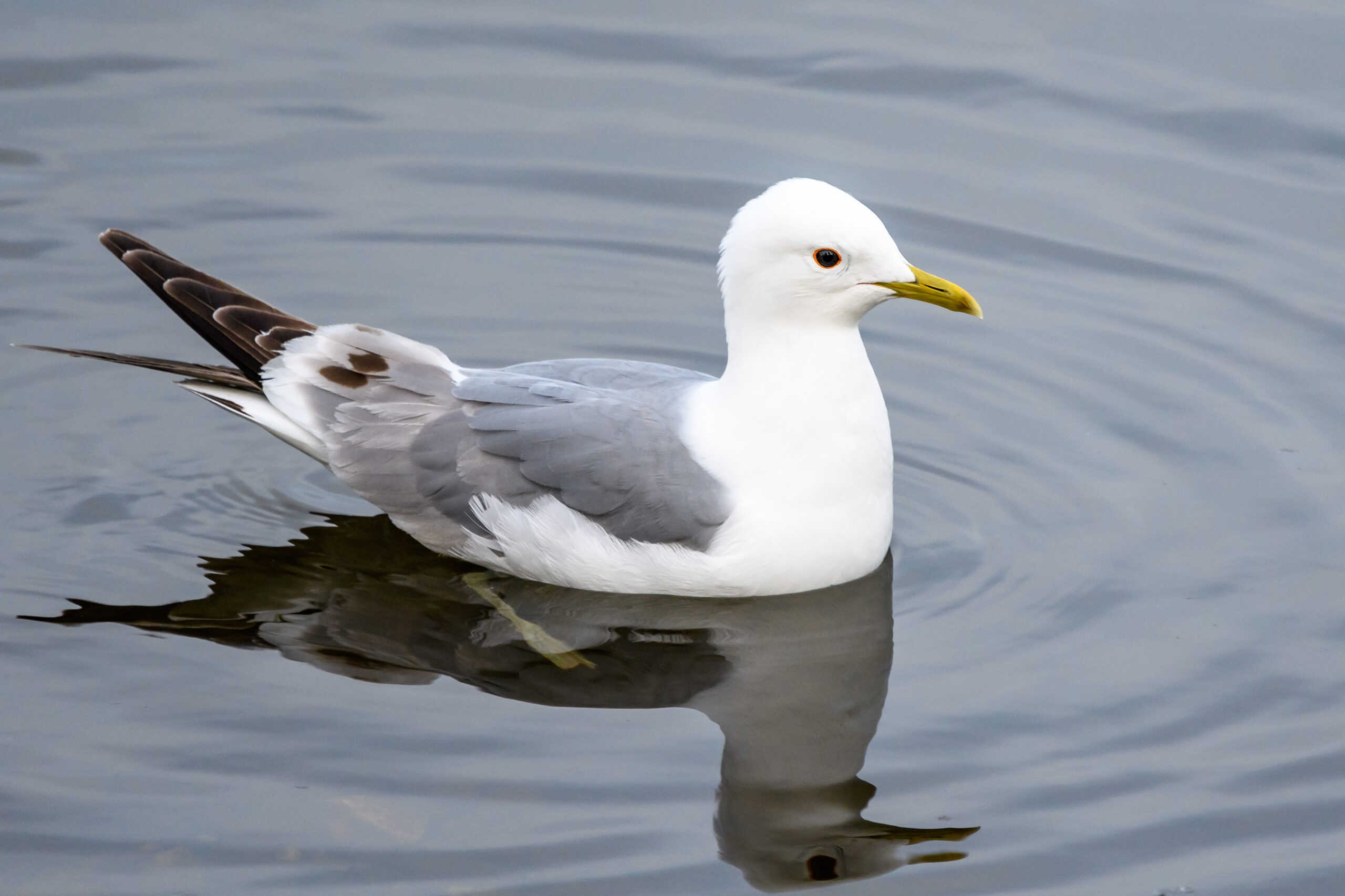Share this article
Wildlife Featured in this article
- Wolf
- Wolverine
- Moose
- Racoon
Study during COVID lockdowns shows diverse wildlife reactions to people
Meat eaters and plant eaters, urban and rural wildlife, respond differently
A global study using data from before and during COVID-19 lockdowns found wild animals have different responses to the presence of humans.
Carnivores like wolves (Canis lupus) and wolverines (Gulo gulo) tend to be less active when humans are around, preferring to avoid risky encounters. That’s good news for herbivores like deer and moose (Alces alces), which tend to become more active. So do urban animals, like racoons (Procyon lotor). But animals in rural areas are warier.
The study, published in Nature Ecology & Evolution, involved more than 220 researchers analyzing 163 mammal species and found on 5,000 camera traps around the world.
“COVID-19 mobility restrictions gave researchers a truly unique opportunity to study how animals responded when the number of people sharing their landscape changed drastically over a relatively short period,” said TWS member Cole Burton, an associate professor of forest resources management at the University of British Columbia and the study’s lead author.
“And contrary to the popular narratives that emerged around that time, we did not see an overall pattern of ‘wildlife running free’ while humans sheltered in place,” Burton said. “Rather, we saw great variation in activity patterns of people and wildlife, with the most striking trends being that animal responses depended on landscape conditions and their position in the food chain.”
Header Image: A wolverine wanders along a hiking trail during the closure of Joffre Lakes Provincial Park in British Columbia during COVID-19 lockdowns. Credit: Cole Burton/UBC WildCo








